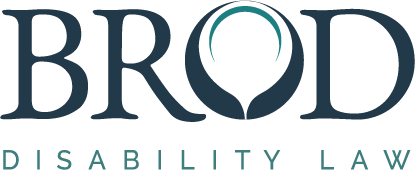When people are unable to seek gainful employment due to disability, they may be able to apply for Social Security Disability Insurance (SSDI) benefits. An application is an extremely important process because it may be able to relieve some of the stress a disabled person may have about obtaining regular income.
However, there are a number of myths in circulation about SSDI and it is important to identify these. Outlined below are three common misconceptions about SSDI.
Your doctor determines whether or not you are approved
Obtaining a diagnosis and appropriate medical treatment is pivotal to your well-being. However, your own doctor does not determine whether or not you are approved for SSDI. This is the role of the disability examiner. However, your doctor may be able to assist you in gathering and producing relevant documentation and evidence that may bolster your claim — and having your doctor’s support is never detrimental to your case.
You are not allowed to work while collecting SSDI
Those who have been approved for SSDI are permitted to carry out a modest amount of work. In fact, the Social Security Administration (SSA) encourages reentering the workforce by offering a nine-month trial period for people to work while still claiming benefits. However, if an employee is clearly able to take on gainful employment after the nine-month trial period, they may no longer be eligible for benefits.
Everyone is denied on their first application
Though roughly seventy percent of SSDI applications are denied on the first application, roughly just under a third of applications are approved. Additionally, many of the initial rejections are the result of clerical errors or a lack of medical evidence. There is every chance that an accurate first application with sufficient medical evidence could be successful.
Recognizing the common misconceptions surrounding SSDI applications could be in your best interests. If you are disabled and unable to work, then there are legal options open to you.
